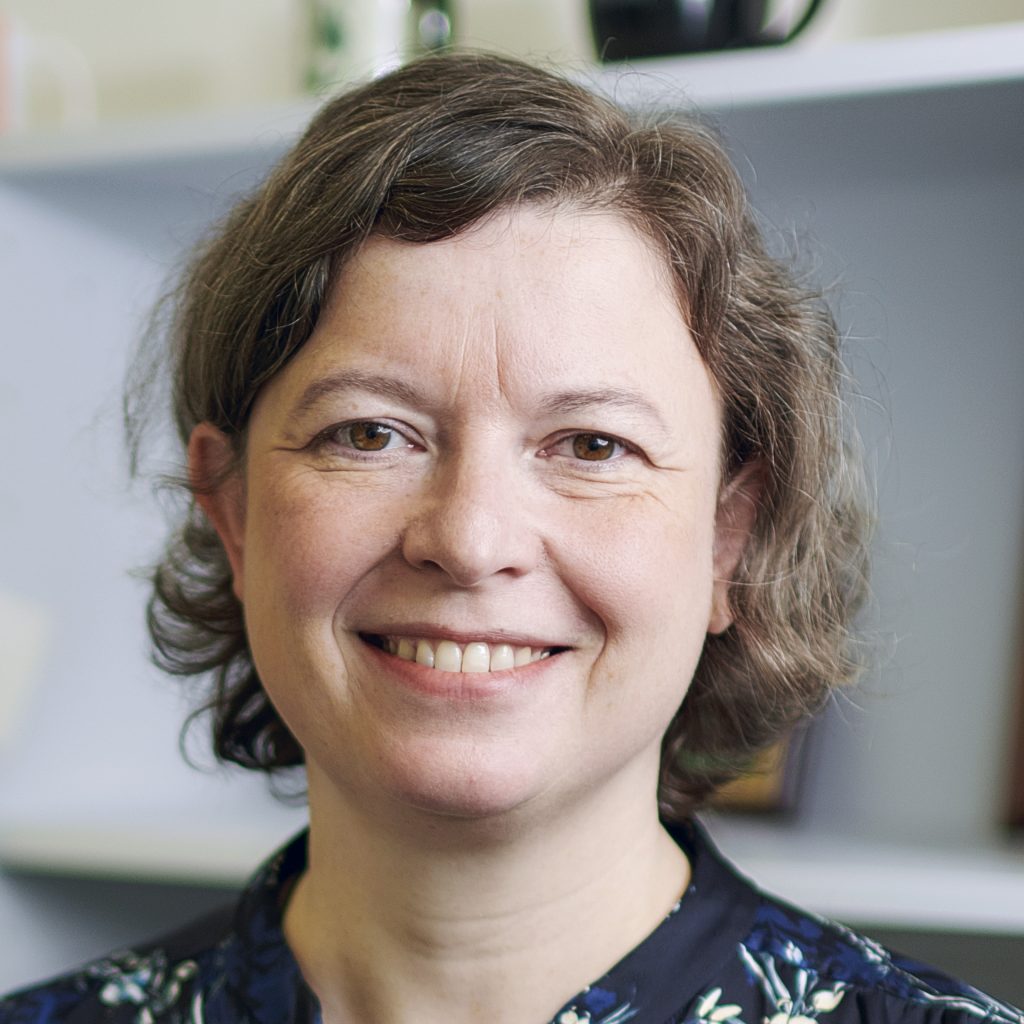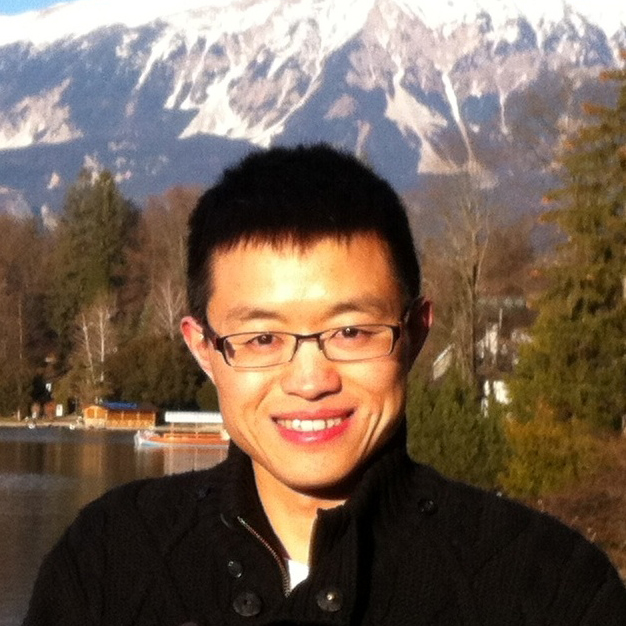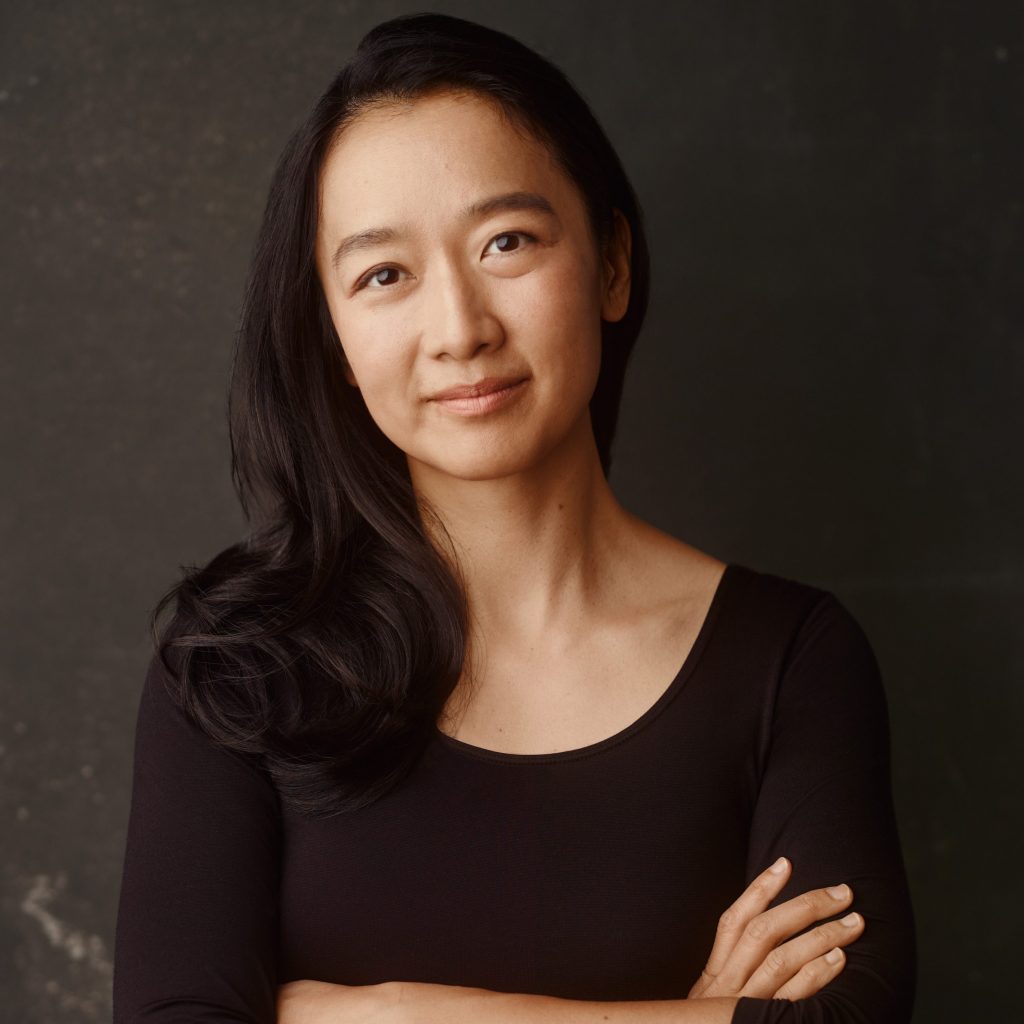Keynote Speakers
Eszter Hargittai
Biography
Eszter Hargittai is Professor and holds the Chair of Internet Use and Society at the Department of Communication and Media Research of the University of Zurich (UZH). She is a Fellow of the International Communication Association and an External Member of the Hungarian Academy of Sciences. She received her Ph.D. in Sociology from Princeton University and her BA in Sociology from Smith College. Prior to joining UZH, she was the Delaney Family Professor of Communication Studies at Northwestern University.

© Manu Friederich
Keynote: Older adults are more tech savvy than you think: implications for your research agenda
(Thursday, May 23; 14:00-15:00)
Adults 60 and over make up an increasing portion of the population yet they are often excluded from studies of Internet use. This talk draws on national survey data to show how older adults compare to younger age groups in their Internet uses and skills. Findings show that many older adults are more savvy and more active than popular rhetoric would suggest, including on social media where their engagement is sometimes close to those of younger cohorts. The talk highlights the importance of including a varied population group in studies that make generalizable claims.
Jie Tang
Biography
Jie Tang is a WeBank Chair Professor of the Department of Computer Science at Tsinghua University. He is a Fellow of the ACM, a Fellow of AAAI, and a Fellow of IEEE. His interests include artificial general intelligence, data mining, social networks, and machine learning. He served as General Co-Chair of WWW’23, and PC Co-Chair of WWW’21, CIKM’16, WSDM’15, and EiC of IEEE T. on Big Data and AI Open J. He is leading several major efforts on building large language models in China. He also invented AMiner.cn, which has attracted 30 million users from 220 countries/regions in the world. He was honored with the SIGKDD Test-of-Time Award, the 2nd National Award for Science&Technology, NSFC for Distinguished Young Scholar, and SIGKDD Service Award.

Keynote: The ChatGLM’s Road to AGI
(Friday, May 24; 09:00-10:00)
Large language models have substantially advanced the state of the art in various AI tasks, such as natural language understanding and text generation, and image processing, multimodal modeling. In this talk, we will first introduce the development of AI in the past decades, in particular from the angle of China. We will also talk about the opportunities, challenges, and risks of AGI in the future. In the second part of the talk, we will use ChatGLM, an alternative but open-sourced model to ChatGPT, as an example to explain our understanding and insights derived during the implementation of the model.
Dirk Hovy
Biography
Dirk Hovy is a professor in the computing sciences department at Bocconi University in Milan, Italy. He is also the scientific director of the Data and Marketing insights research unit. Before that, he was faculty and postdoc in Copenhagen, got a PhD in NLP from USC, and a master’s degree in linguistics from Marburg, Germany. He is interested in the interaction between language, society, and machine learning, or what language can tell us about society and what computers can tell us about language. He has authored over 100 articles on these topics, including three best paper awards. He is also the author of two textbooks on using text analysis in Python for social science research (https://bit.ly/3dhaEQ7 and https://bit.ly/3sYiwMH). Dirk has organized one conference and several workshops (on abusive language, ethics in NLP, and computational social science and sociolinguistics).

Keynote: Unhumanizing Models. Why we need to reconsider how we think about AI
(Friday, May 24; 14:00-15:00)
Can you guess how many AI models you interacted with today? Likely more than you realized: AI models manage our emails, traffic, hiring, search, and suggest shows to binge-watch. They are often difficult to detect – unless they act particularly human. AI models that code, paint, write, and play appear more human. But are they? And are we harming ourselves by humanizing these models?
In this talk, I will discuss our common tendency to humanize AI models. Ascribing human characteristics makes unfamiliar objects more approachable and acceptable. In the digital age, we have begun to anthropomorphize AI models. But at what cost?Giving AI models human abilities they lack mixes fact and fiction and gives them powers they do not have. This results in exaggerated claims and missed obstacles, and it obscures weaknesses, leading to AI risks and misuse. Drawing on examples from physics, psychology, philosophy, and personal stories, we will discuss what models can do without human talent and their inability to do the daily intricacies we do without thinking. I’ll also discuss AI’s real threat: human prejudices and biases.
Finally, I hope this talk has helps you better appreciate humanity. AI models may mirror human intellect and experience. They can help us realize our full potential and enhance society, but they are not like us! Recognizing this distinction is critical to responsible, ethical, and beneficial AI use.
Hannes Werthner
Biography
Hannes Werthner is a retired Computer Science Professor at the TU Wien, Austria, where he also served as the Dean of the faculty of Informatics. Prior to joining TU Wien, he had professorships at Austrian and international Universities. His research is in fields such as Decision Support Systems, E-Commerce and Recommender Systems. Besides research and teaching he founded several initiatives such as the Vienna PhD School of Informatics or the i2c / Informatics Innovation Center. He carefully observes how computer science and information technology are changing the world and us. This is his motivation for Digital Humanism, whose Vienna Manifesto he initiated in 2019. Since then he is active in this field – see also his latest contribution: “Introduction to Digital Humanism” (link.springer.com/book/10.1007/978-3-031-45304-5)

Keynote: Digital Humanism
(Wednesday, May 22; 14:00-15:00)
Information Technology changes ourselves and the world, from the individual level up to the ongoing geo-political powerplay. From an ontological point of view, it influences how we perceive the world and how we think about it. This transformation process took place in an extremely short period of time, at a very high speed. We highlight some features of this process, which, besides its enormous achievements, shows also serious shortcomings. The question posed is not a simple one: IT (including AI) may help solve the world’s multiple crises and make it a better place, but at the same time it is part of the problem (some even see it as the cause). We understand Digital Humanism as an answer to this question, as an approach to developing and regulating digital technologies so that they are used for the benefit of people and nature. It is a proactive approach that focuses on the integration of technical and social innovation.
Jennifer Pan
Biography
Jennifer Pan is a political scientist whose research focuses on political communication, digital media, and authoritarian politics. She is the Sir Robert Ho Tung Professor of Chinese Studies, Professor of Communication and (by courtesy) Political Science and Sociology, and a Senior Fellow at the Freeman Spogli Institute for International Studies at Stanford University. Dr. Pan’s research uses experimental and computational methods with large-scale datasets on political activity to answer questions about the role of digital media in authoritarian and democratic politics, including how political censorship, propaganda, and information manipulation work in the digital age and how preferences and behaviors are shaped as a result.

Keynote: China in the Global Information Ecosystem
(Wednesday, May 22; 09:00-10:00)
While digital communication technologies have revolutionized the way information can flow across borders and national boundaries, information does not flow freely everywhere. Governments around the world impose restrictions on access to digital information, and nowhere is the effort to control the transnational flow of digital information more extensive and sustained than in China. This talk will highlight empirical findings on how information flows between China and the global information ecosystem.